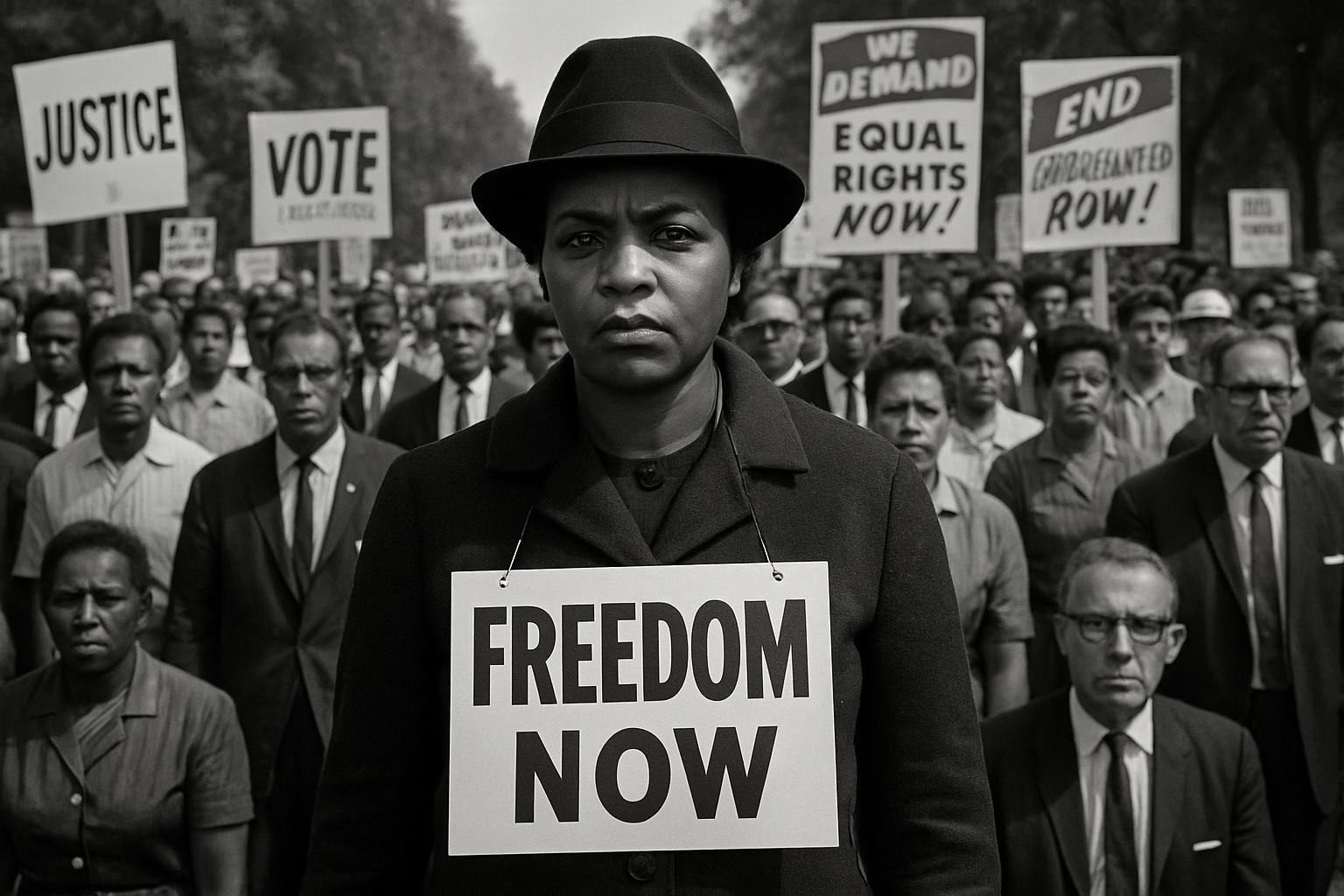Rosalind Howells, Baroness Howells of St Davids, who passed away aged 94, was a formidable advocate for racial equality and social justice in the UK. Born in 1931 in St David, Grenada, she arrived in London in 1951 with ambitions of pursuing a legal career. Confronted by the harsh realities of systemic racism and discrimination, she shifted her focus to community activism, dedicating nearly half a century to improving housing, education, health services, and the general well-being of the black community in south London. Her tireless commitment extended beyond grassroots efforts to influential roles at national and international levels, including her appointment to the House of Lords in 1999, where she served until her retirement in 2019.
Howells’ early career began modestly in a public library in Catford while she pursued training as a social worker, eventually working for the London boroughs of Lewisham and Greenwich. There, she confronted discriminatory council policies and championed the needs of young black mothers and marginalized groups. She held key positions such as director of equal opportunities for the Greenwich Council for Racial Equality and chair of the Lewisham Racial Equality Council. Recognised formally for her work, she was appointed OBE in 1994 and later honoured as a Companion of the Order of Grenada in 2009.
Throughout her life, Howells embodied a principle that representation was meaningless without opening doors for others. She was vocal and unyielding in seeking justice, notably for the families affected by the New Cross fire in 1981 and the murder of Stephen Lawrence in 1993, becoming a leading spokeswoman for the latter. Her advocacy extended to international forums in China, the Middle East, and the United States, where she consistently pushed for societal transformation.
Howells’ influence also reached academia and charitable organisations. She was a governor of Avery Hill College and the University of Greenwich, becoming the first female member of the university’s court of governors. She served as chancellor of the University of Bedfordshire from 2009 to 2014 and contributed to research and education initiatives for St George’s University in Grenada. Her trusteeships included the Stephen Lawrence Charitable Trust and the Jason Roberts Foundation, which supports sporting opportunities in both the UK and Grenada. During a politically unsettled period in Grenada in the early 1980s, she also served as the country’s deputy high commissioner in London.
Politically, Howells was a lifelong Labour party member who engaged with numerous organisations dedicated to racial justice, including the West Indian Standing Conference, formed in response to the Notting Hill riots of 1958. She broke racial and gender barriers as the first black female member of the Greater London Training Board, highlighting her commitment to education and social mobility.
Her personal life was marked by a strong family presence. In 1955, she married John Howells, a librarian she met during her early career. They had two daughters, Anne and Amanda. Tragically, Amanda died in 2011, and John passed away in 2004. Lady Howells is survived by Anne, alongside two grandchildren and three great-grandchildren.
Lady Howells’ legacy is characterised by relentless advocacy grounded in tangible outcomes rather than mere rhetoric or tokenism. Her life's work serves as a testament to the enduring struggle for equality and justice in Britain, and her impact continues through the communities and institutions she helped to transform.
📌 Reference Map:
Source: Noah Wire Services
